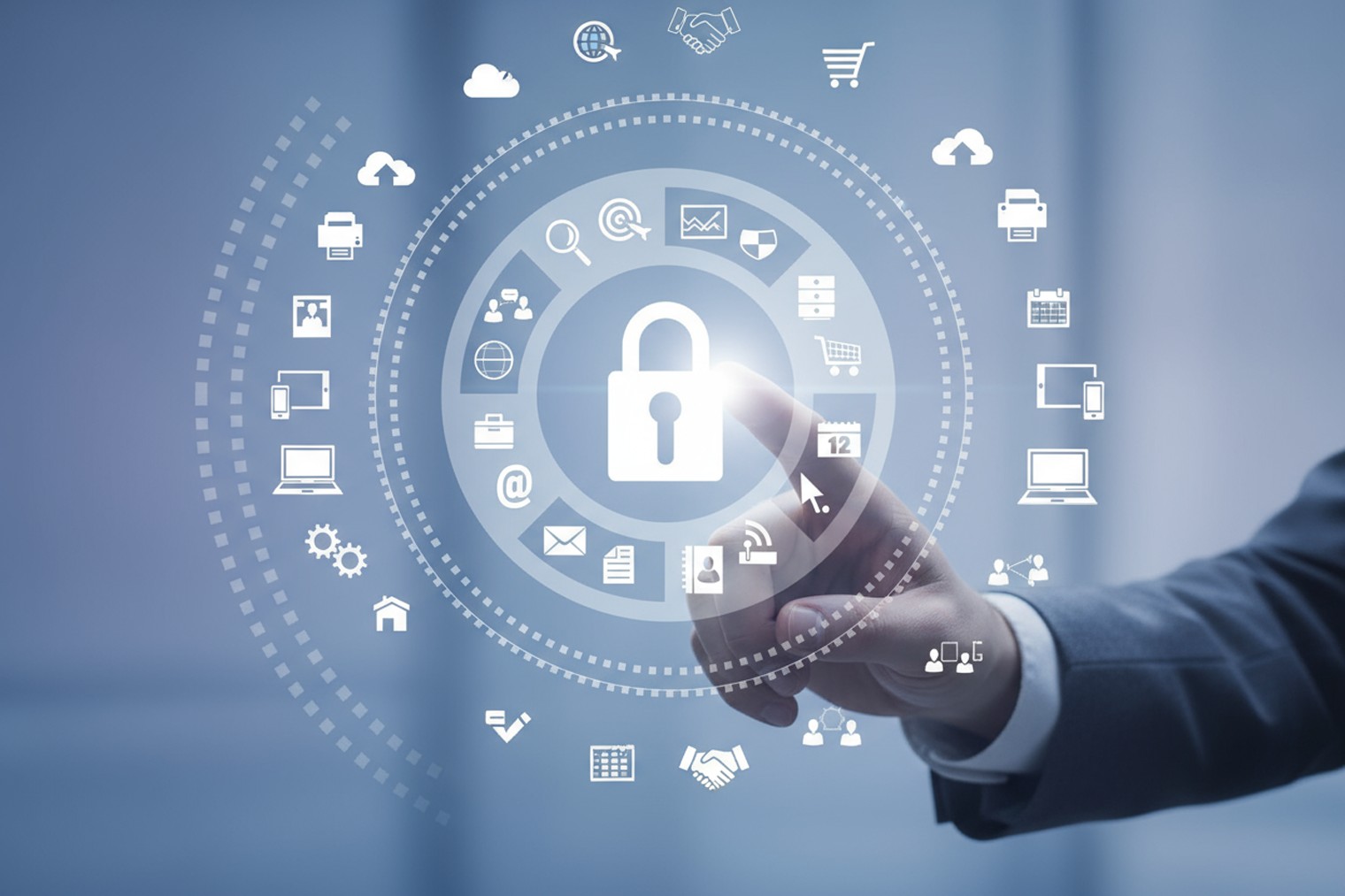Why stay anonymous online?
Websites, apps, and advertisers collect data on every visit—through cookies, identifiers, device fingerprints, and network metadata. Some request consent; many track by default. Misuse ranges from intrusive ads and price discrimination to eligibility decisions and large‑scale aggregation by third parties. Staying anonymous reduces linkability and exposure.
Most popular ways to protect anonymity
Use a trusted VPN (Virtual Private Network) to route traffic through secure servers and mask your IP address. VPNs encrypt traffic, helping protect data on public Wi‑Fi and preventing ISPs or intermediaries from inspecting content. Treat a VPN as your first line of defense.
You will get:
- Encrypted traffic and improved confidentiality of online activity.
- Obfuscated IP address and broader access to geo‑restricted content.
- Safer browsing on public networks and hotspots.
Search engines that do not store user data
Major search engines log queries and usage, which can re‑identify you even when using a VPN. Privacy‑focused alternatives like DuckDuckGo or Startpage avoid storing personal data, reducing traceability.
Harden your browser privacy settings as well: limit third‑party cookies, block trackers, clear history regularly, and consider privacy‑friendly browsers or extensions. Every visit leaves a footprint—configuration matters.
Make your emailing efficient
Email can undermine anonymity. Multiple permanent accounts add complexity and still invite spam. The simpler approach is to use disposable email for sign‑ups, downloads, and public forms. In brief:
- Simple, fast interface.
- Inbox auto‑created on visit—no registration required.
- Optional alias customization for readability.
- Delete the inbox any time; messages auto‑expire to reduce clutter.
Conclusion:
True anonymity is challenging, but practical steps—VPNs, private search, hardened browsers, and disposable email—significantly reduce exposure. Prioritize privacy and keep your personal life separate from routine online interactions.
